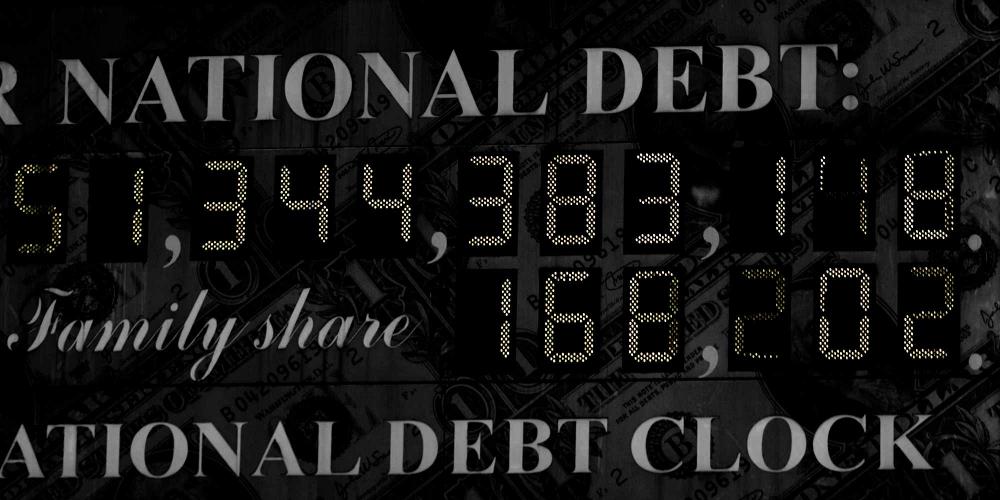
Uses of the Past in International Economic Relations
One of the many exceptional aspects of the global financial crisis of 2008 was the prominence policymakers and commentators gave to the importance of history in helping to determine responses to the crisis.
Comparisons with earlier crises feature prominently in commentaries on the depth and spread of the global financial crisis and reveal the extent to which policymakers seek to ‘learn’ from the past. But how relevant is the past as a guide to the present, or even the future, and how is it used when policymakers, bankers and the public are faced with difficult economic challenges?
The main objective of UPIER is to build an understanding of how policymakers and market actors:
- use the past as a foundation for their decisions
- create and discriminate among different interpretations of the past to fit their preconceptions
- are conditioned by the experiences of their predecessors
Through careful archival research and case studies the researchers also seek to trace the intergenerational transfer of interpretations of the past and how the past is used within a range of institutions across Europe. The project will therefore break new ground for our understanding of how the past is used in the context of international economic relations, particularly at times of crisis. The researchers also hope to refresh the research agenda in economic history in the European Research Area to engage with the uses of the past.
Prof. Catherine Schenk
Project Leader
University of Oxford
United Kingdom
Project Partners
Prof. Catherine Schenk
Project Leader
University of Oxford
United Kingdom
Prof. Mats Larsson
Uppsala University
Sweden
Dr Stefano Battilossi
Charles III University of Madrid
Spain
Dr Mary Anne O'Sullivan
University of Geneva
Switzerland
Associate Partners
European Association for Banking and Financial History
Germany
Centrum for Naringslivshistoria
Sweden